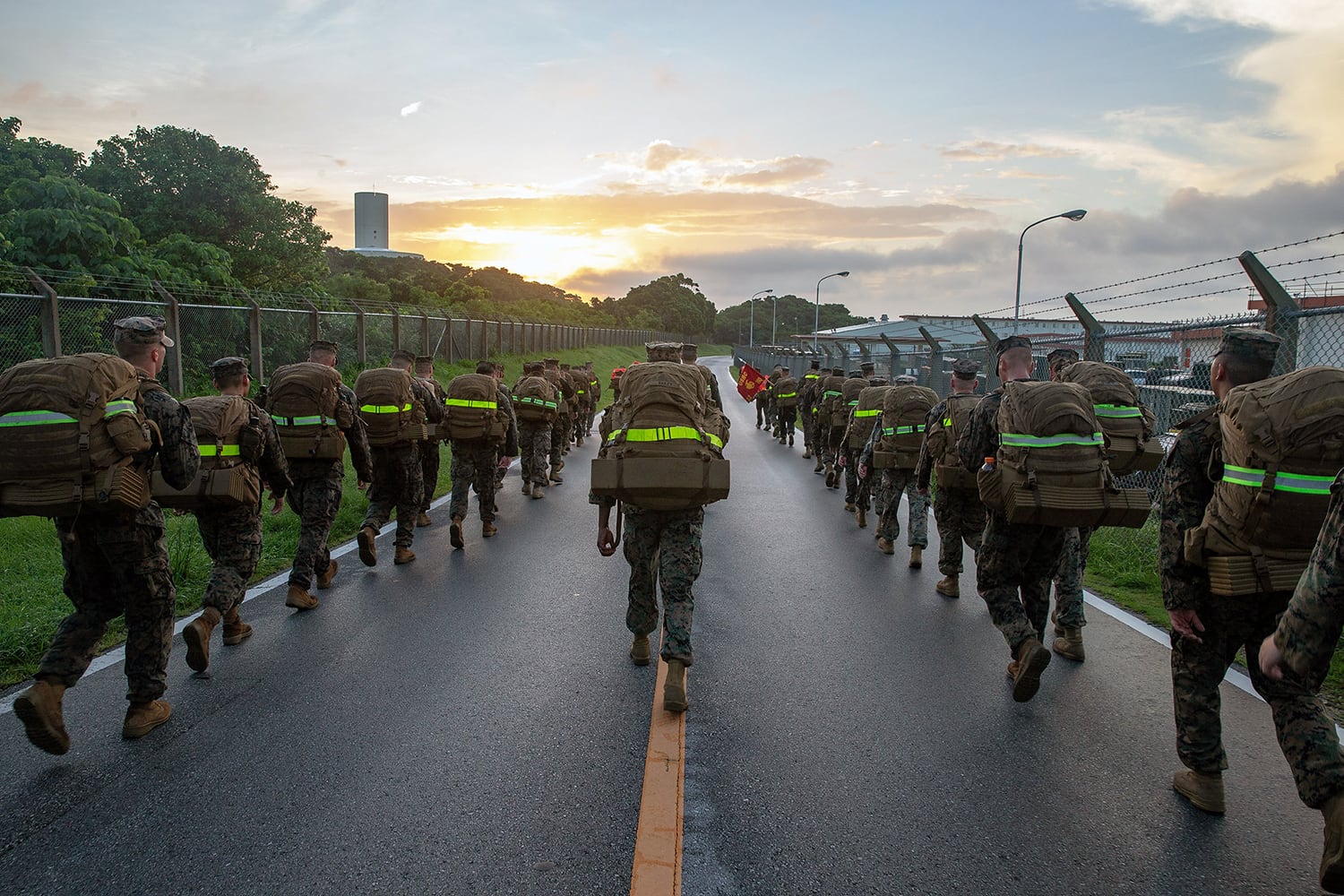The Marine Corps is considering making major changes for a more nimble reenlistment process and a retention policy that focuses on talent not promotion as the force prepares for the future.
Gen. David Berger, commandant of the Marine Corps, said Thursday that he is considering allowing Marines to reenlist in their second or third year of service, and that the Corps will give the authority to make re-enlistment decisions to local commanders.
The current re-enlistment process requires Marines nearing the end of their enlistment to send a package to the Pentagon where Headquarters Marine Corps will make the final decision in the Marine’s future.
“Why are we still doing it that way?” Berger asked at a speaking event held by The Heritage Foundation, a conservative think tank in Washington. “In retention, we have to be more agile, we don’t have to wait until her last year, last six months and it doesn’t have to go all the way to Washington, D.C."
RELATED

Berger said that another roadblock to retaining talented Marines was the current “up or out” system.
The “up or out” system pushes Marines — both officer and enlisted — must hit certain promotion milestones or they may be forced out of the service.
The system can potentially punish good Marines with great potential who may not have perfect service records due to early career inexperience. In the commandant’s planning guidance, Berger suggests solving this problem by modifying fitness reports to better identify future potential of a Marine and weigh recent performance higher than past performance.
Slowing the deployment tempo and giving leaders more opportunities in training exercises to learn from mistakes is necessary to move away from a Corps that punishes leaders for taking risks and making mistakes, Berger said at Thursday’s talk.
“The pace at which we run the military didn’t allow you to run things, three, four times … if your night attack, if your evolution didn’t go well, there was no time to do it again tomorrow night," Berger said.
The Marine Corps “has to build time back in between deployments, where your battalion has enough time to build cohesion enough times for your leaders to make mistakes, go back do it again. Right now we cannot do that, we haven’t been able to do that for 15 years.”
The commandant said he was looking into different ways to retain talented Marines that either can’t or have no interest in getting promoted, including a system that would allow them to specialize at a certain rank based on their talent.
“We have to look into that,” Berger said, “I don’t know where that takes us."
“We are losing talent right now. In the literal up-or-out sense, we have to open our aperture to find room to keep more than we are keeping right now,” Berger said. “At the same time we can’t stagnate."





